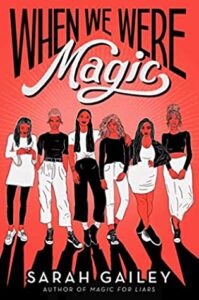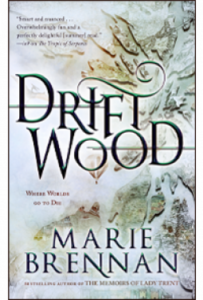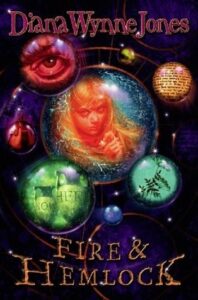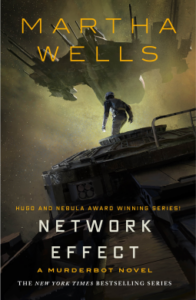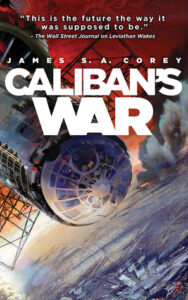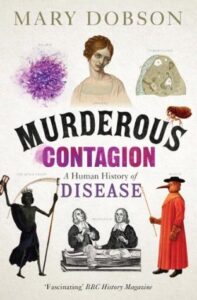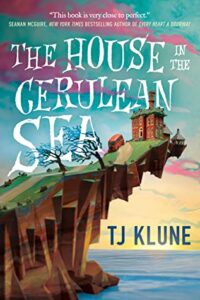 The House in the Cerulean Sea, T.J. Klune
The House in the Cerulean Sea, T.J. Klune
If you’re looking for a feel-good book right now, then this is a solid one to choose. It starts off with Linus Baker, the main character, finishing up his inspection of an orphanage for magical children. No sooner is he back from that than he’s handed a bigger task, a highly classified task, to go to an orphanage he’s never even heard of to check on the welfare of some very unique children. Lucy, for one — guess what that’s short for?
I say it’s a feel-good book, but it’s not always: Linus Baker works for DICOMY, which supervises magical children. All magical beings must be registered and monitored, and though Linus cares deeply about the welfare of the children in the orphanages he inspects, he might be the only member of DICOMY who does for all we can tell. It’s a dystopic world, and one that’s not a far cry from our own: “See something, say something” is a recognisable slogan that also haunts the book.
The reason it’s a feel-good book is that Linus is a good person. A very ordinary person in many ways, but one who cares deeply. He tries not to sacrifice his objectivity, and sometimes it’s hard, but he genuinely tries to do his best for the children he oversees… and pretty much everyone he meets. That makes him the right caseworker for Marsyas, a rather unique orphanage, holding unique and troubling children. Talia, a female gnome; Phee, a powerful young sprite; Chauncey, a protean creature of unknown origin; Sal, a shapeshifter with a history of being abused; Theodore, a wyvern with a penchant for buttons… and Lucy, short for Lucifer, and yes, it means that Lucifer. Not to mention Mr Parnassus, the master of the orphanage.
As you’d more or less expect, Linus quickly finds himself losing objectivity, feeling incredible tenderness for the children and concern for them. He also quickly comes to like their caretakers, Mr Parnassus, and the island’s resident sprite, Zoe. He accidentally becomes part of their family, standing up for them against prejudiced villagers, and coaxing the children to come out of their shells — even coaxing Mr Parnassus to give them a little more freedom, rather than protect them too closely.
In terms of the plot, it is predictable, but what’s satisfying is just watching Linus be a good man, and watch him figure out what he needs to do, and where he wants to be. The fact that I found it was predictable didn’t make it a whit less lovely. I shan’t say any more about it, because there are some surprises, and they’re worth it.
Rating: 5/5
 Metazoa, Peter Godfrey-Smith
Metazoa, Peter Godfrey-Smith
